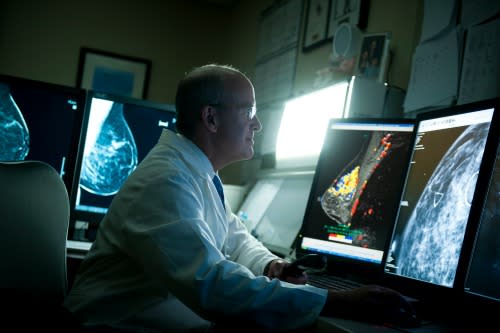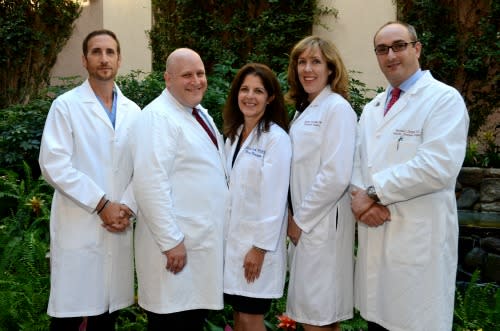Thanksgiving Day is National Family History Day
Published: November 25, 2015l
By Helen Pass, MD, Director of Breast Surgery and Co-Director, Breast Center
In 2004, the Surgeon General of the United States declared Thanksgiving Day to be National Family History Day. The idea was inspired. Since the extended family usually gathers around the dining room table sharing stories during the holiday meal, it was hoped that families could also talk about the health problems that run in their family and take the time to write them down.
Even though 96% of Americans admitted, in a recent survey, that a family history is important to health, only one third replied in the same survey that they have tried to gather and record their own family history. Please don’t be part of the two thirds of American’s who do not know their family history. As I am fond of saying, “It is what you (we) don’t know that can cause the most problems.”
A family history can help your doctor predict if you are at increased risk for developing certain diseases or conditions. Families not only share genes, but also environments and lifestyles. It is important to recognize that even if a disease is widespread in your family, you do not need to resign yourself to the same outcome. Actually, knowing what to watch out for may save your life. The information can help your doctor devise a personalized surveillance and action plan aimed at prevention. The same information may also motivate you to healthier habits.
To create your medical family history, information on at least three generations, on both your mother’s and father’s sides of the family, should be obtained. Useful details include: the age and cause of death of deceased family members; the age at diagnosis; and a list of all medical conditions for all living and deceased relatives. Even though I am a breast cancer surgeon, the family history should not just focus on cancer, since diseases such as diabetes, elevated cholesterol, heart attacks, strokes, and Alzheimer’s disease among many others can run in families and have a genetic component. The age of onset is a critical clue for us physicians, since a disease occurring ten years earlier than average may very well have a genetic component.
Learning about your family’s health history may help ensure that you and your loved ones have a healthier and longer future together. So, as the family stories are told at the dinner table this year, make certain to also share the information that can keep the seats at the table filled for years to come.


?h=365&iar=0&w=500)



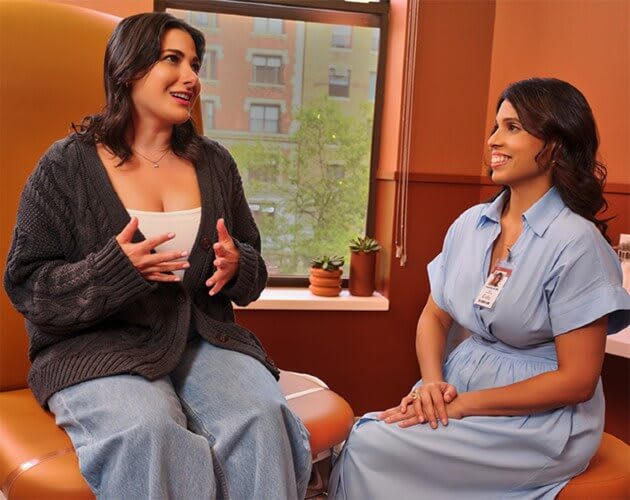















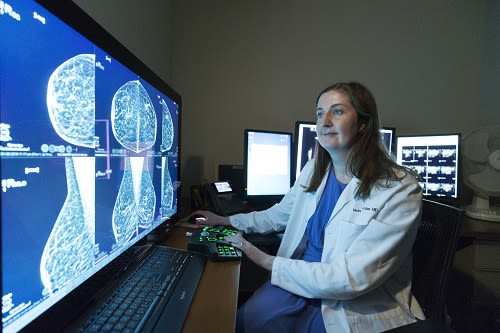


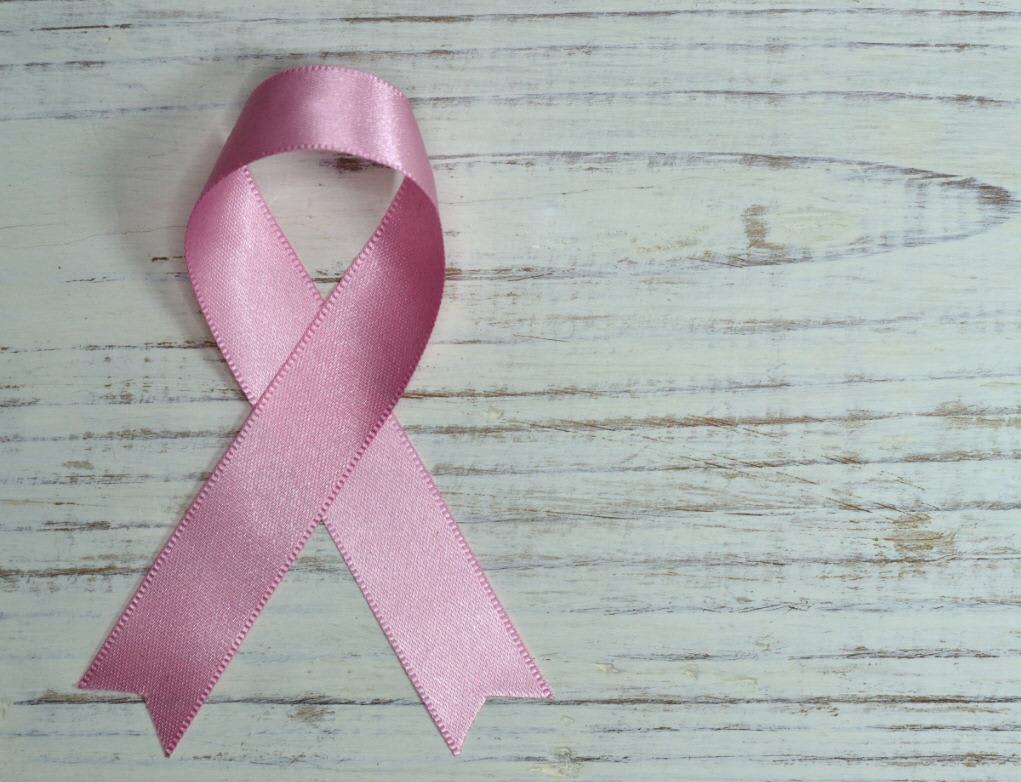
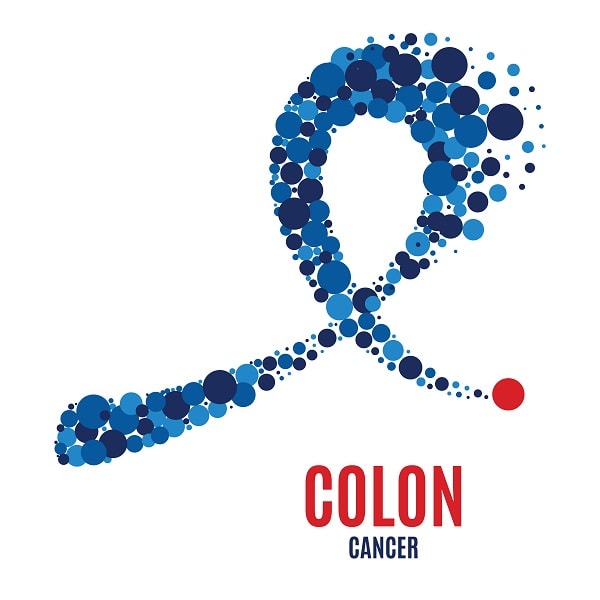

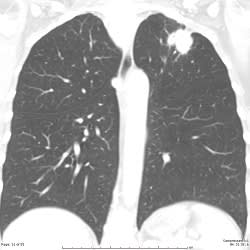




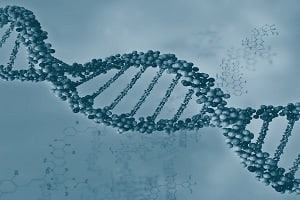
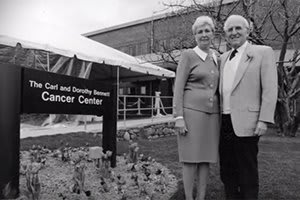

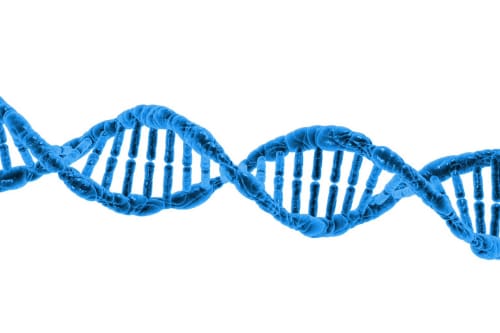

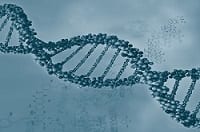
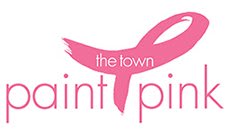

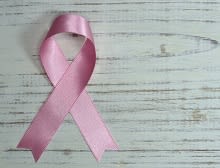
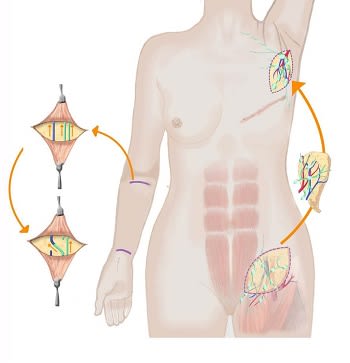
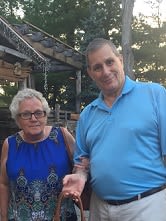




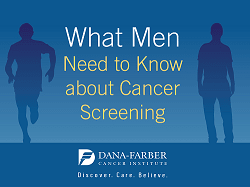
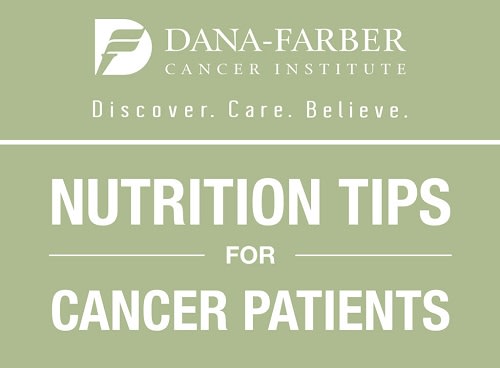











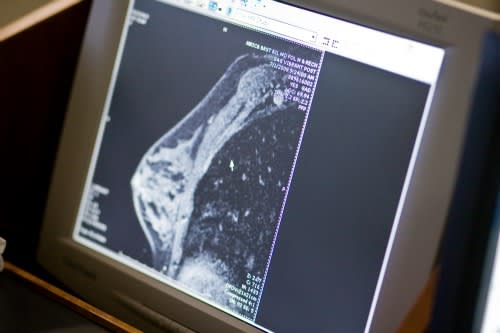
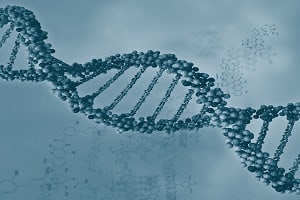
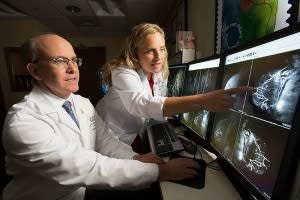





)


)
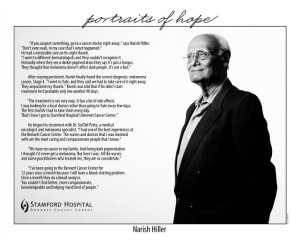
)
)
